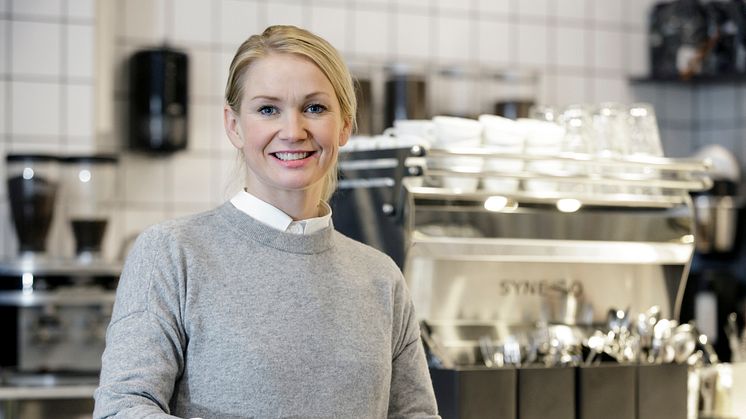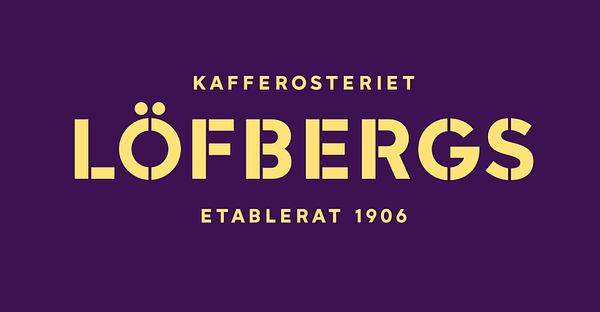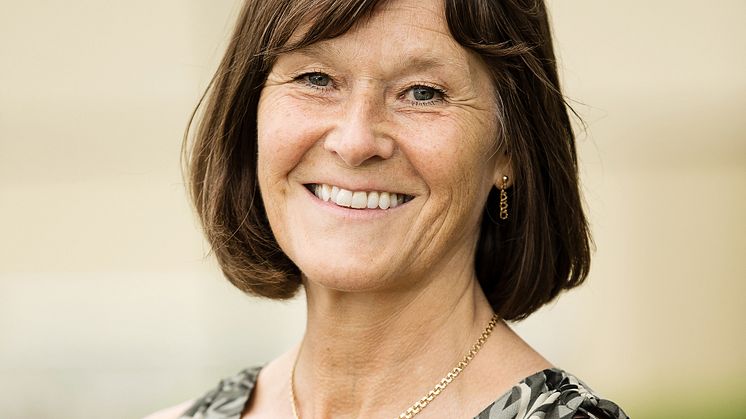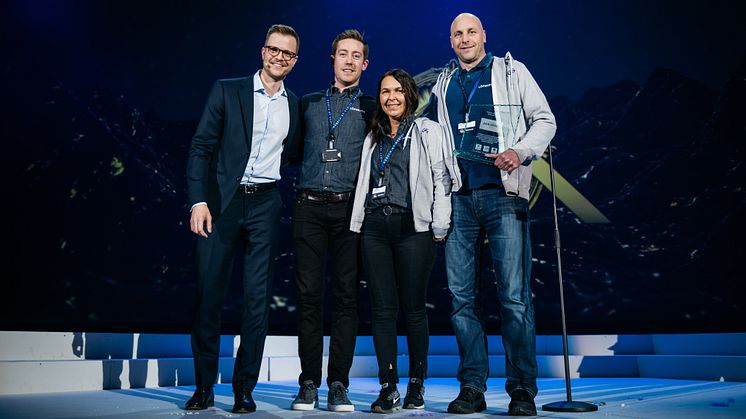
Press release -
New climate-smarter coffee packaging
In stores now: The new climate-smarter packaging from Löfbergs. By replacing some of the fossil plastics with a plant-based alternative, the climate impact is initially reduced with about 30 per cent.
- The solution is a bit more expensive than what we use today, but neither we nor the environment can afford anything else in the long run. The use of fossil plastics has to be reduced, says Madelene Breiling, development manager at Löfbergs
Löfbergs has worked with the development of the new packaging for two years. The family-owned coffee roaster has converted its entire assortment of ground coffee sold in the Swedish food retail sector.
- It is an important first step; we will now continue with the rest of the assortment. All our packaging, on every market around the world, will contain plastics from renewable raw material by 2020, and we will only use recycled or renewable material by 2030, says Madelene Breiling.
Löfbergs has also started to convert the assortment sold to hotels, restaurants and cafés. Some articles already have the new packaging material, the rest will be converted in May.
Phasing out the fossil plastics
Löfbergs was first in Europe with aluminium-free coffee packaging 25 years ago. In 2015, Löfbergs launched ice coffee in recyclable carton packages, and plant-based capsules were introduced in 2016. Löfbergs is now taking the next big step and begins phasing out the fossil plastics.
- We are replacing some of the fossil plastics with plastics made of sugar canes. The material is recyclable and has the same protective properties as fossil plastics, which is important since coffee is affected by light and oxygen, says Madelene Breiling.
For more information:
Madelene Breiling, Supply Chain Development Manager, Löfbergs, +46 (0) 54 14 01 94, madelene.breiling@lofbergs.se
Anders Thorén, Media Relations Manager, Löfbergs, +46 (0) 703 55 64 22, anders.thoren@lofbergs.se
Topics
The coffee roaster Löfbergs is a Swedish Family Business founded in 1906. We are 350 coffee lovers operating in Northern Europe and Canada, sharing the passion for taste, trends and sustainability. We have a turnover of SEK 1.9 billion and is one of the world's largest purchasers of organic and Fairtrade-labeled coffee. Löfbergs is a part of the Löfbergs Coffee Group who also owns the brands Crema, Green Cup, Kobbs, Percol, Peter Larsen Kaffe and SuperBonobo. Website



